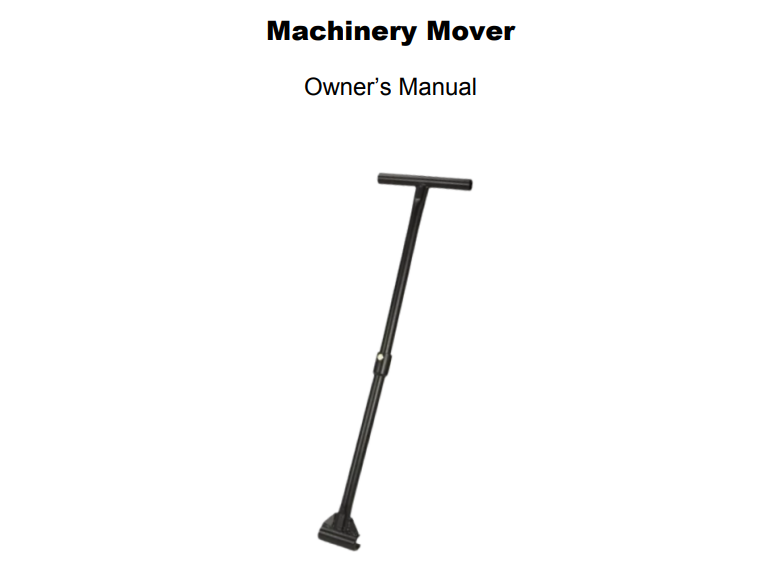rail mounted crane
The Importance of Rail Mounted Cranes in Modern Industry
In the realm of industrial lifting and material handling, rail mounted cranes (RMCs) play a pivotal role in streamlining operations across various sectors. These specialized cranes, designed to operate on fixed rail tracks, provide substantial advantages in terms of efficiency, safety, and versatility, making them an indispensable asset in modern industrial settings.
Understanding Rail Mounted Cranes
Rail mounted cranes are heavy-duty lifting devices mounted on tracks, enabling them to move along predetermined paths. These cranes come with a variety of lifting capacities and configurations, making them suitable for diverse applications, from shipyards and ports to factories and power plants. Unlike traditional cranes, which may require substantial ground space for operation, rail mounted cranes utilize vertical space effectively, allowing them to operate in areas where space is restricted.
Benefits of Rail Mounted Cranes
1. Increased Efficiency One of the primary advantages of rail mounted cranes is their ability to improve operational efficiency. These cranes can cover long distances along their tracks, making them ideal for moving heavy loads across large areas. This capability reduces the time required to transport materials from one location to another, resulting in increased productivity.
2. Enhanced Safety Safety is of utmost importance in any industrial environment. Rail mounted cranes significantly enhance safety by minimizing the risk of accidents. The fixed paths on which they operate reduce the chances of collisions and mishaps that can occur with more mobile lifting equipment. Additionally, these cranes are often equipped with advanced safety features such as overload protection, automatic braking systems, and emergency stop buttons, ensuring the safety of operators and nearby personnel.
3. Versatility Rail mounted cranes can be customized to meet the specific needs of various industries. Whether it’s a simple design for basic operations or a sophisticated system with advanced controls and automation features, RMCs can be tailored to suit different lifting requirements. Their versatility extends to the types of loads they can handle, including containers, heavy machinery, and raw materials.
4. Cost-Effectiveness While the initial investment in rail mounted cranes can be significant, they provide long-term cost savings through increased efficiency and reduced labor costs. By automating material handling processes and minimizing the dependency on manual labor, companies can streamline their operations, ultimately leading to higher profit margins.
Applications of Rail Mounted Cranes
rail mounted crane

Rail mounted cranes have a wide range of applications across various industries
- Shipyards and Ports In maritime operations, RMCs are essential for loading and unloading cargo from ships. Their ability to move containers swiftly along docking areas maximizes space utilization and expedites logistics processes.
- Manufacturing Facilities In factories, rail mounted cranes facilitate the transportation of raw materials and finished products through production lines, optimizing workflow and reducing downtime.
- Construction Sites While less common than other types of cranes in construction, RMCs can be used in specific applications where precise movement and heavy lifting are required within confined spaces.
- Power Plants RMCs are crucial in power plants for the heavy lifting of large components, such as turbines and generators, often in areas where mobility is restricted.
Future Trends in Rail Mounted Cranes
As technology continues to advance, the future of rail mounted cranes looks promising. The integration of smart technologies such as IoT (Internet of Things) and AI (Artificial Intelligence) is expected to enhance their efficiency and reliability. Predictive maintenance, real-time monitoring, and automated control systems will ensure optimal performance and reduced downtime. Furthermore, the emphasis on sustainability and reducing carbon footprints could lead to the development of electric and hybrid rail mounted cranes, aligning with global efforts to promote greener industrial practices.
Conclusion
In conclusion, rail mounted cranes are a cornerstone of efficient and safe industrial operations. Their ability to provide seamless transportation of heavy loads across various sectors, combined with advancements in technology, positions them as vital contributors to modern industry. As industries continue to evolve, the role of rail mounted cranes will undoubtedly expand, enabling even greater levels of efficiency and safety in material handling processes.
-
Permanent Magnetic LiftersNewsNov.01,2024
-
Operations with an Adjustable CraneNewsNov.01,2024
-
Machine Moving SkatesNewsNov.01,2024
-
Industrial Lifting MagnetsNewsNov.01,2024
-
Effective Machinery MovingNewsNov.01,2024
-
Adjustable Gantry CraneNewsNov.01,2024
-
Unlock the Power of Lifting with Permanent Magnetic LiftersNewsOct.11,2024
